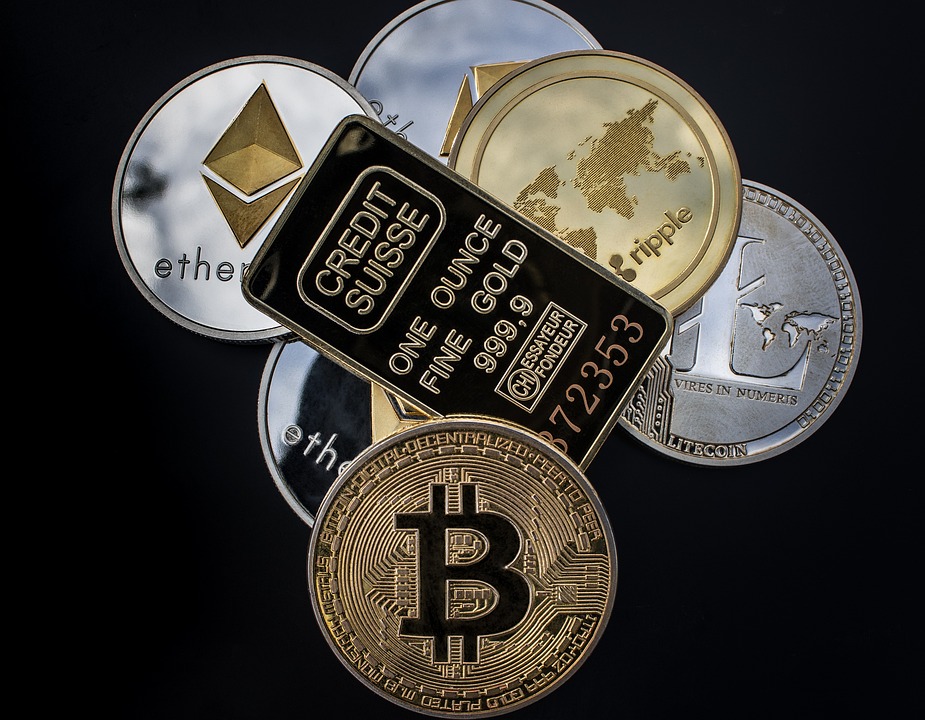[ad_1]
Cryptocurrency Regulation: A Global Update on What’s Changing and What’s Not
The cryptocurrency landscape has undergone significant changes in recent years, with governments and regulatory bodies around the world scrambling to keep pace with the rapid evolution of the digital asset market. As the sector continues to mature, governments are taking steps to ensure that the regulation of cryptocurrencies is fair, effective, and sustainable. In this article, we’ll provide an update on what’s changing and what’s not in the world of cryptocurrency regulation.
What’s Changing:
- Global framework on AML/KYC: The Financial Action Task Force (FATF), an intergovernmental organization tasked with combating money laundering and terrorist financing, has issued a set of guidelines for the implementation of anti-money laundering (AML) and know-your-customer (KYC) measures for virtual assets. This global framework aims to standardize AML/KYC requirements across the world, helping to prevent the use of cryptocurrencies for illegal activities.
- Increased scrutiny of cryptocurrency exchanges: Regulatory bodies are intensifying their oversight of cryptocurrency exchanges, demanding greater transparency and stricter compliance with AML/KYC requirements. For example, the US Securities and Exchange Commission (SEC) has approved several exchange-traded fund (ETF) applications, while the European Securities and Markets Authority (ESMA) has increased its scrutiny of cryptocurrency assets.
- Classification as securities or commodities: Regulators are reevaluating the classification of certain cryptocurrencies as securities or commodities, with the potential to influence their legal standing, tax implications, and investor protection.
- Increased cooperation between regulators: Collaboration between international regulatory bodies is increasing, with the G20 and the International Organization of Securities Commissions (IOSCO) playing a key role in shaping global cryptocurrency regulation.
What’s Not Changing:
- Decentralization: Cryptocurrencies are designed to be decentralized, and this fundamental characteristic is unlikely to change. Regulatory efforts will focus on creating standards for exchanges, wallet providers, and other intermediaries, while allowing the underlying technology to remain untethered to central authorities.
- Volatility and market risk: Cryptocurrencies will continue to experience price fluctuations, and investor protection will remain a top priority for regulators. In response, many exchanges are adopting robust risk management strategies, and investors are advised to be cautious and do their due diligence.
- Private keys and custody: The control and security of private keys will remain a critical consideration in cryptocurrency regulation, with a focus on ensuring that users have control over their own assets and that there is adequate protection against hacking and other forms of theft.
- Decentralized finance (DeFi) applications: Decentralized finance applications, such as lending and borrowing platforms, will continue to operate outside traditional financial regulatory frameworks, relying on smart contracts and decentralized governance models to facilitate transactions.
The Way Forward:
As the cryptocurrency landscape continues to evolve, regulatory bodies must balance the need to ensure investor protection and financial stability with the need to support innovation and the democratization of finance. To achieve this balance, regulators can:
- Establish clear guidelines: Set clear guidelines for the design, development, and operation of cryptocurrencies, to ensure transparency, stability, and security.
- Foster cooperation: Encourage international collaboration and information sharing between regulatory bodies to avoid duplication of efforts and promote a consistent approach to cryptocurrency regulation.
- Incentivize innovation: Support the development of new technologies and services, while balancing this with the need for robust risk management and regulatory oversight.
By adopting a nuanced and adaptive approach to cryptocurrency regulation, policymakers can unlock the potential of this exciting and rapidly evolving space, while protecting investors, financial stability, and the integrity of the global financial system.
[ad_2]

